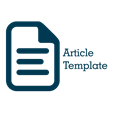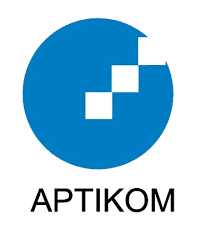The Development of Game App 'Find the Object' to Improve English Vocabulary Mastery
DOI:
https://doi.org/10.18196/eist.v1i4.16594Keywords:
education game, English vocabulary, find the objectAbstract
English is a communication international language with more than 50 countries using it as their primary language. Therefore, understanding and ability to communicate in English is needed. During this time, the method of learning English is mostly delivered using the Teacher Centered Learning (TCL) method and there are still a few English vocabulary learning media in the form of applications used in the learning process in the classroom. The purpose of this study was to create a game called Find the Object to help students, especially the elementary school level, to learn English vocabulary to make it more interesting. There is a pre-test and post-test to conclude whether this game significantly managed to improve the mastery of English vocabulary. This needs to be proven through observing the value of the pre-test and post-test
References
Ethnologue. 2017. English Language and Literature Vol. 72; no. 1; pp. 223 – 225.
Hardiwati, Yovita. 2004. Dictionary Inggris - Indonesia referensi pertama untuk pembaca dan penulis muda. Jakarta: Gading Inti Prima.
Magdalena, Simanjuntak Linda. 2015. Perancangan dan Pembuatan Aplikasi Game Edukasi Pembelajaran Bahasa Inggris Mengenal Vocabulary Untuk Siswa SD Berbasis Android. Medan.
Pradhana, Andhika Putra. 2016. Peningkatan Penguasaan Vocabulary Menggunakan Media E-Dictionary Kelas VI SD Negeri 1 Teluk Purwokerto. Yogyakarta.
Sundayana, Wachyu. 2003. Contextual Learning. Bandung: Grafindo.
Yesmaya, Violitta. 2014. Aplikasi Pengenalan Kosakata Bahasa Inggris “My Picture Dictionary” untuk Anak Sekolah Dasar Berbasis Android. Jakarta.



